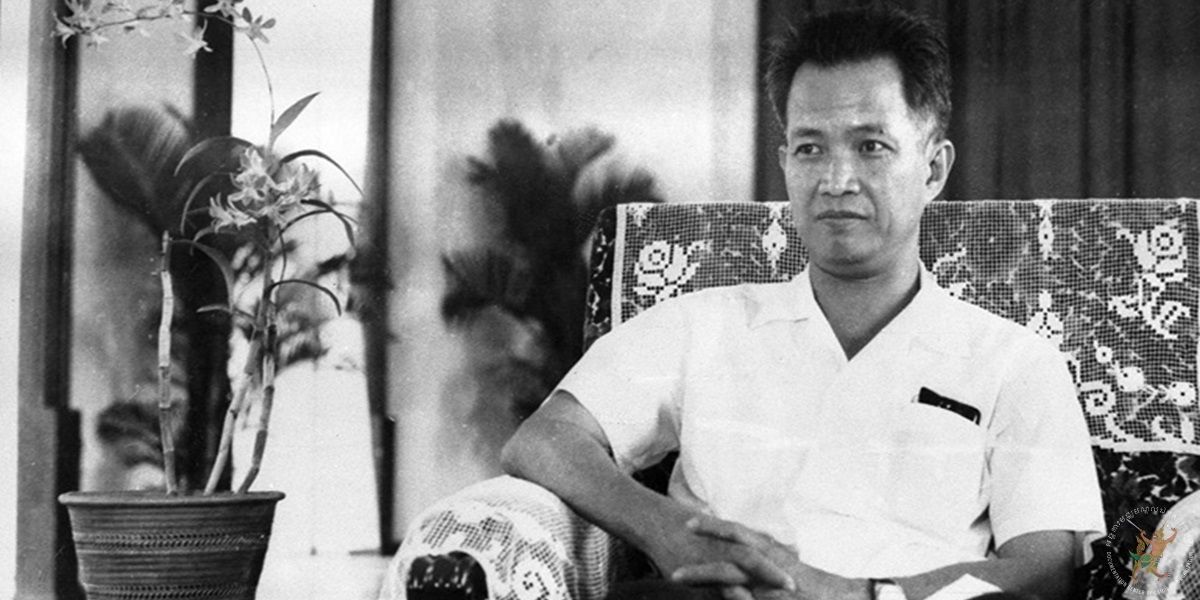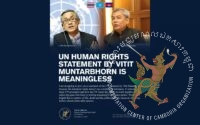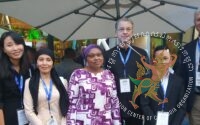Khieu Samphan is claiming victimhood

Truth does not need the law for protection; though, equally so, evil should be given no platform for its excusal, diminishment, or vindication. Khieu Samphan’s request for a computer, and his attorney’s advocacy on his behalf to this end, is not a struggle for one’s right to free speech or other human right; rather it is a debate about providing unjustified privileges to the perpetrator of genocide.
Of course, any person should be allowed to generally read, write, and discuss whatever topics and issues they choose, but Khieu Samphan is not just any person, and his request is not just a trivial accommodation in the name of free expression. He was given ample opportunity to express himself in a court of law on the charges he most earnestly seeks to expound upon, and he was convicted by this court on these specific charges. He is not deprived of any right to speak, write, or publish; rather, he is asserting a right to a technological convenience, which seems so far removed from the barbaric deprivation he and others oversaw during his leadership within the Khmer Rouge regime.
It seems almost ridiculous to have to say that the Cambodian people who were forced to labor under the terror of death perpetrated by the senior leaders of the Khmer Rouge, which included Khieu Samphan, could not even fathom having the discussions we entertain today about the right or privilege so claimed by Khieu Samphan. Khieu Samphan’s request is not the plea of a potentially innocent man. It is also not the plea of a man genuinely seeking to educate or bring value to civilized society. It is the plea of an old despot whose demands for dignity, decency and human rights rise to the heights of hypocrisy in the context of the millions who died during the regime. He is claiming victimhood, while the survivors maimed physically, mentally, and spiritually by his and others’ actions and inactions struggle with the most basic human needs.
The prospects of a better world require an unequivocal commitment to the freedom of expression, human rights, democracy, and the rule of law, but Khieu Samphan’s need for a computer to complete his autobiography is not an example of this struggle. In fact, it is a parody, that should not be entertained, let alone supported.
Youk Chhang is Director of Documentation Center of Cambodia (DC-Cam). DC-Cam has two main objectives. The first is to record and preserve the history of the Khmer Rouge regime for future generations. The second is to compile and organize information that can serve as potential evidence in a legal accounting (The Khmer Rouge Tribunal) for the crimes of the Khmer Rouge. These objectives represent our promotion of memory and justice, both of which are critical foundations for the rule of law and genuine national reconciliation in Cambodia.
Published on March 1, 2024




